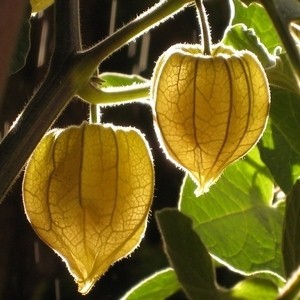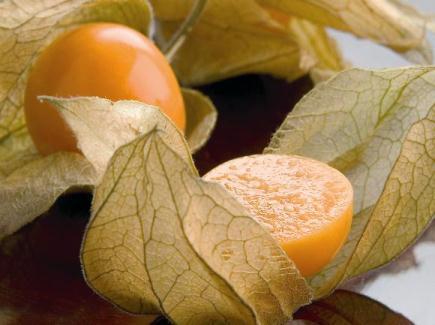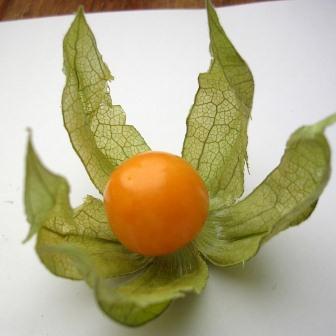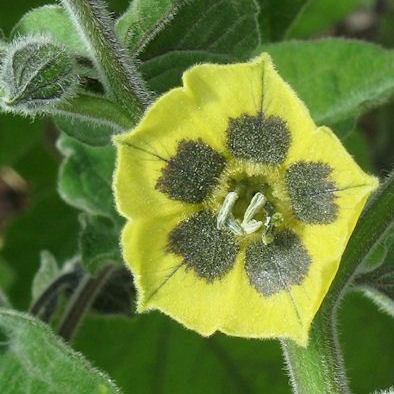50 Cape Gooseberry Seeds - Physalis peruviana Fruit - Appelliefie - Bulk Annual Perennial Medicinal
Check my rate
| Main centres: | 1-3 business days |
| Regional areas: | 3-4 business days |
| Remote areas: | 3-5 business days |
Product information
Common Names: Cape Gooseberry, Appelliefie, Chinese Lantern Plant
Physalis peruviana commonly known as Cape gooseberry, ground-cherry, golden berry, uchuva, Inca berry, or uvilla is related to the tomato, potato, and other members of the nightshade family and closely related to the tomatillo. The fruit is a small round berry, about the size of a marble. It is bright yellow when ripe, and very sweet, making it ideal for baking into pies and making jam. Its most notable feature is the single papery pod that covers each berry. The plant was grown by early settlers of the Cape of Good Hope before 1807. Soon after its adoption in the Cape of Good Hope (presumably the origin of the name 'Cape gooseberry') it was carried to Australia and New Zealand.
In temperate regions it should be treated like an annual but in warmer climates it will perform well as a perennial. It can also easily be grown in pots. You too can grow your own delicious Cape Gooseberries!
Other members of the Physalis genus includes, Physalis acutifolia, Physalis alkekengi, Physalis angulata, Physalis angustifolia, Physalis arenicola, Physalis carpenteri, Physalis caudella, Physalis cinerascens, Physalis clarionensis, Physalis cordata, Physalis coztomatl, Physalis crassifolia, Physalis foetens, Physalis grisea, Physalis hederifolia, Physalis heterophylla, Physalis hispida, Physalis ixocarpa, Physalis latiphysa, Physalis longifolia, Physalis mimulus, Physalis minima, Physalis missouriensis, Physalis mollis, Physalis noronhae, Physalis peruviana, Physalis philadelphica, Physalis pruinosa, Physalis pubescens, Physalis pumila, Physalis subglabrata, Physalis subulata, Physalis turbinate, Physalis virginiana, Physalis viscosa and Physalis walteri. |




 Because of the fruit's decorative appearance, it is sometimes used in restaurants as an exotic garnish for desserts.
Because of the fruit's decorative appearance, it is sometimes used in restaurants as an exotic garnish for desserts. Both the fruits and leaves of this plant are used
Both the fruits and leaves of this plant are used  In South Africa the heated leaves are applied as poultices on inflammations and the Zulus administer the leaf infusion as an enema to relieve abdominal ailments in children. In Spain they produce a wine from the fruit to treat excess fluid retention and problems of the urinary tract.
In South Africa the heated leaves are applied as poultices on inflammations and the Zulus administer the leaf infusion as an enema to relieve abdominal ailments in children. In Spain they produce a wine from the fruit to treat excess fluid retention and problems of the urinary tract. 


